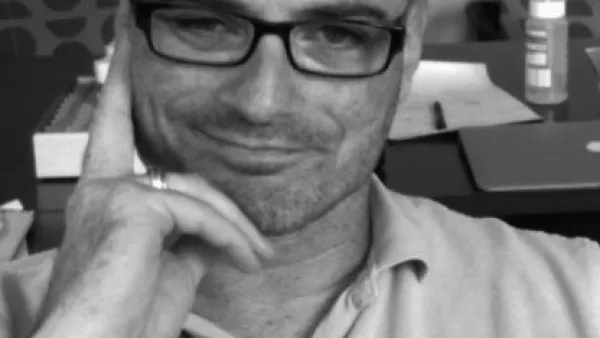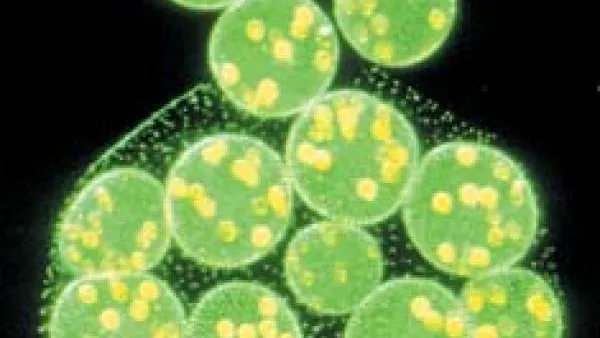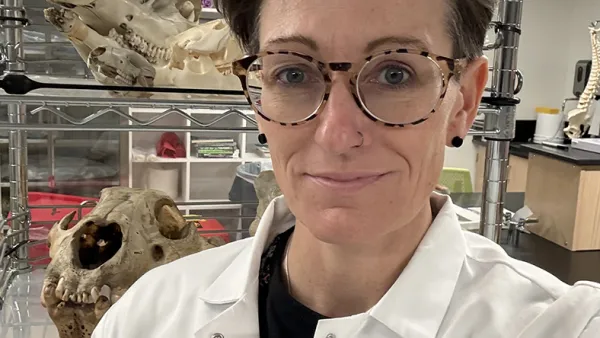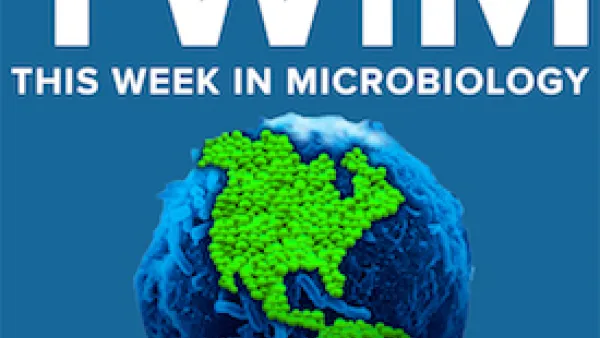Before beginning his retirement, Biology Lecturer Dan Hanson reflects on his teaching career in the biology department.
1. How did WashU become your professional home?
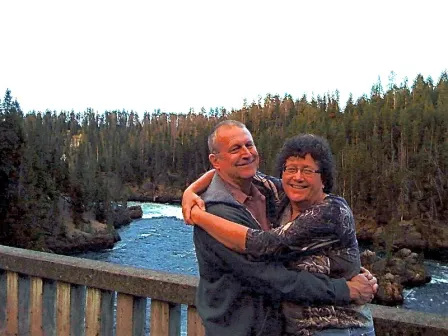
Kathy Miller and I came to Washington University as a package. We met in graduate school at Johns Hopkins University in the late seventies. We both did our postdocs at UCSF in the eighties. After seven or eight years, it was time to get a job. I got an offer at the University of Connecticut; she got offers at Rice University and Washington University. The University of Connecticut did not offer her enough money to make it work for her. I came from a family that thought men earn the living and women keep the house, to the detriment of my mother, a very skilled musician who should have spent more time doing that. I was not going to be comfortable taking any job in which I was even a little bit unsure that Kathy wouldn't succeed and we both thought that logic was sound. Moreover, WashU was, by far, the richer environment for our respective fields – Developmental Biology and Immunology. Consequently, I accepted a visiting assistant professorship here at WashU. In retrospect, that was a tactical mistake – funding agencies do not consider such an appointment evidence of sufficient commitment from a university to the support of an applicant.
2. You taught Immunology at WashU for most of your career. What was your experience like as you transitioned into teaching?
So I pivoted toward teaching. I am, by training and predilection, an immunologist. I have spent my career studying how the subtle changes in body temperature associated with fever and tissue inflammation due to infection affect the function of different parameters of immune host defense. But I arrived at my first teaching position realizing no one has taught me how to teach. So, I learned. At that time, there was an immunology course being offered to the undergrads by Julian Fleischman, a member of the Microbiology Department in the medical school. I literally joined that course and became its best student, copying everything this man said. But having done that for a couple of years, I then volunteered to help him teach part of the course. I used that as a way of making my own course to teach in University College. At the same time, a lot of my attention was focused to taking care of my elderly parents and a young child. I pursued my research in the background - begging, borrowing, and stealing reagents because, as a lecturer now, I could not apply for grants. After my parents passed away, I taught the Microbiology laboratory course for several years. Then I got the opportunity to teach the undergraduate immunology course and to redesign it according to my own evolving views of immunology and undergraduate teaching. The biology department being as large as it is, laboratory courses are always in demand. Consequently, I offered to teach an immunology lab course. To make that both possible and modern, the department generously purchased two flow cytometers and supplies with which I could design and conduct experiments with four students each semester.
3. Looking back on your time teaching, what are some more memorable moments working with students?
Five or six years ago, there was a student who took my lecture course who impressed me. The following semester, a now-retired member of the department offered a course on emerging infectious diseases. I decided to sit through some of the lectures. As I sat in the back row, my former student comes in and sits next to me. After the lecture, she said, “I want to tell you something. I work in a lab down at medical school. The group meeting last week was on the immunology of the female reproductive system. And you know what? I understood the whole thing.” Yes, that's what I wanted to hear! I have often counseled my students to be patient with the complexity of the immune system, pointing out that Immunology is a discipline best appreciated when encountered the second time. This is a great example of that.
4. What have your students taught you?
The old saw about how you don't understand something until you teach is quite true. I would credit my students with spurring me to be much more complete, more knowledgeable and more innovative than I would have ever attempted on my own. Teaching is a performance art in that sense, and you need to let it appeal to your pride.
5. What advice do you want to leave the next generation of students studying immunology?
Do your best to stand near the fire. Seek out contact with the best and smartest people around you. Whether or not you make the “big splash” yourself, the exciting thing in the long run is to watch a field of knowledge grow and blossom. I got to watch my field explode from what was essentially structural immunological biochemistry and cellular phenomenology into something much, much bigger. Aim high. It's good to be around people and places where you hear things and things happen, things that make you think and keep you thinking creatively.
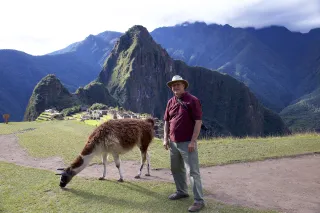
6. What are your plans for retirement?
I want to catch up on all the stuff I didn’t have time for – I have plenty of projects around home that I let slide, such as refinishing things, keeping bees in my backyard and weird invertebrates in my salt tanks. We want to travel more, particularly at any other time than high-vacation summertime. And I am still sneaking into the laboratory to finish a couple of experiments, true, but at a much more relaxed pace.
